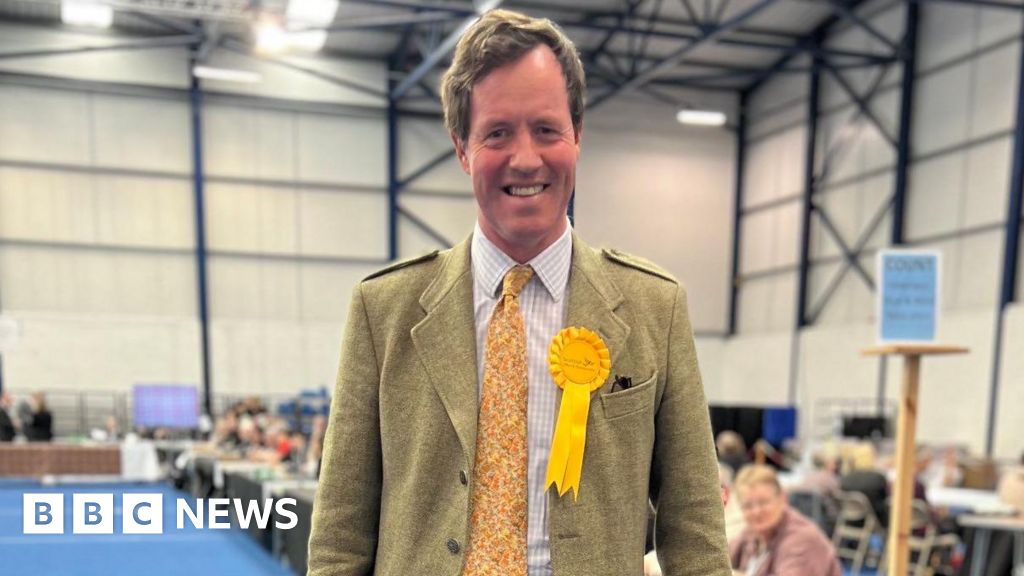
This is a cumulative-independent market, which is probably the best way to represent these kinds of markets. This also uses previous general election results as benchmarks, which is also I think one of the better ways to represent these kinds of markets.
🏅 Top traders
| # | Trader | Total profit |
|---|---|---|
| 1 | Ṁ1,136 | |
| 2 | Ṁ960 | |
| 3 | Ṁ689 | |
| 4 | Ṁ620 | |
| 5 | Ṁ602 |
People are also trading
@Tripping Per https://commonslibrary.parliament.uk/research-briefings/cbp-10009/ , Labour has won 411 with 1 undecided, which means that while 412 is theoretically possible, "more than 412" is not.
I mean, there's an argument to be made to count that way, but the 2001 total of 412 given as a comparison is exclusive of the Speaker (see, say, https://researchbriefings.files.parliament.uk/documents/RP01-54/RP01-54.pdf ).
Recounts for both seats:
https://www.bbc.com/news/articles/cd16410q7neo
https://www.echo-news.co.uk/news/24432622.chaos-full-recount-called-south-basildon-east-thurrock/
